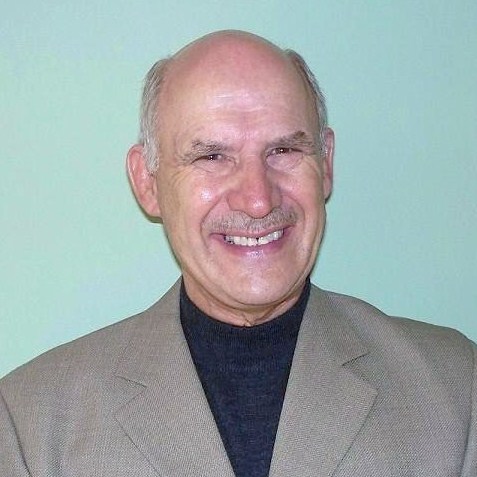Our collective best guess, and that guess is subject to ongoing change, is that the universe as we know it came into being some 15 billion years ago—planet Earth 5 billion years, and bacterial life followed about 3.5 billion years later. As one can well imagine, confusion reigns over pinpointing such dates. It’s common to hear that the Big Bang Theory marks the beginning of the universe, however new information suggests that there are stars that are over 30 billion years old, so, go figure. What was going on before the universe began is hard to fathom, and like questions on beginnings and endings of time and space continue to dumbfound us. And perhaps surprisingly, most of us accept these very significant unknowns without much concern.
It is common to hear folks say there must be a God behind it all. Yet pursuing such logic does not really clarify much because if one accepts the premise that there had to be a God to start our world, then a logical follow-up question would be: who or what started God? And what was taking place before God’s time? Yet, no matter how we look at it, there remains a huge vastness of unknowingness. Perhaps in a certain sense it speaks to an imperfection of our human condition, of having to live in a world where answers to such questions are necessarily incapable of being understood.
To say that the universe was here last year, or billions of years ago, does not explain its origin—how did it all begin and what was going on before the beginning? This is still very much a mystery and we are left to wonder and to doubt. Our impoverished imagination on such profound matters prohibits us from arriving anywhere near a common understanding. It is simply not within our range of thinking to accept anything not having a beginning or an end. Yet, to get even close to understanding the beginnings and endings of the origin of life, or of God, we have to seriously re-jig our basic comprehension by accepting that as it pertains to “beginnings and endings,” there is simply no such thing—there is no beginning and no ending. To be born, to live, and to die, is the norm for us, hence we have colossal mental blockages in comprehending anything that does not have a beginning or an ending. Yet there remains a strange fascination in not knowing about the beginning and the ending, and talk as we may on thinking outside the box, the results of our best collective efforts have only reached the piffle and piddle level. We are as hopelessly trapped within that box as we’ve always been, and basic questions on time and space remain, and are demonstrably unanswerable.
The world as we know it, with our closest star the sun, is situated some 28,000 light years from the centre of the Milky Way. The earth’s annual orbit, at a distance of 150 million kilometres from the sun, allows us to receive just the right amount of solar energy—not too little and not too much. The moon is about a quarter the size of the earth, and orbits our planet every 28 days; it causes our ocean tides, and more importantly keeps the earth’s orbit in a precise pattern. And then there is the speed of things: the earth is 40,000 kilometres in circumference and rotates every 24 hours. This means at the equator we are travelling at 1,600 kilometres an hour. The earth orbits the sun at 30 kilometres a second and simultaneously the whole solar system is travelling around the hub of the Milky Way at the very fast clip of 249 kilometres a second—a case of truth being stranger than fiction. And we have not even reminded ourselves of our planet Earth, being mainly a hot ball of molten lava covered with only a thin shell of crust; yet this is the place where we feel secure—standing on solid ground.
Our sun is just one star among the hundreds of billions that make up the Milky Way galaxy, which itself is only one of hundreds of billions of galaxies in the universe. Over recent years, astronomers have found hundreds of planets orbiting stars in our corner of the Milky Way and the list will soon pass 1000. The universe, the little we know of it, possesses a rationality, order and unity. Yet, we are incapable of understanding it by reason alone. Our hearts, not our heads, may still be the best means of providing comfort into the mystery of its creation.
We haven’t yet found definitive signs of life elsewhere in the universe. But we can speculate that a carbon-based life on an earth-like planet, orbiting a sun-like-star in a habitable zone is very likely. Planets are probably common around such stars, and sun-like stars are common in our galaxy, and our galaxy is similar to the many, many other galaxies throughout the universe.
How is it so many of us can accept this fantastic array of reality in such a ho-hum way, especially when the spirit of our times demands only the evident, the concrete, and the practical? A common question from those who doubt there being a God is: “how can you believe in all this God stuff?” Well, why not? The little we already claim to know of our universe’s reality is as mysterious, and may even surpass the mysteriousness, surrounding there being a God.




